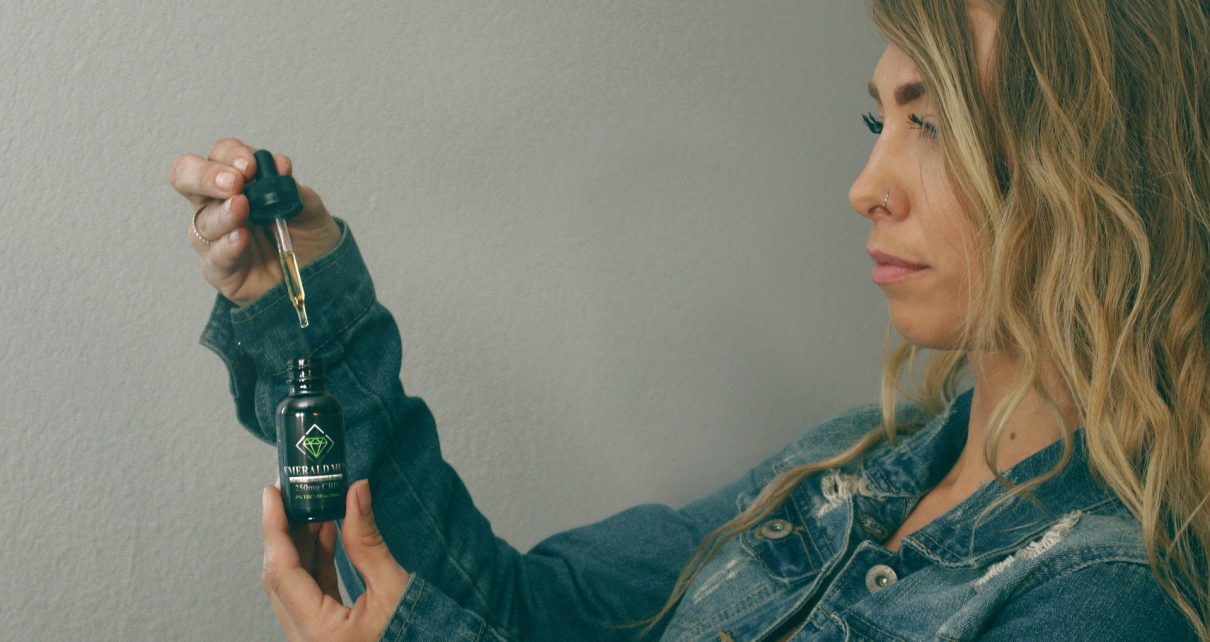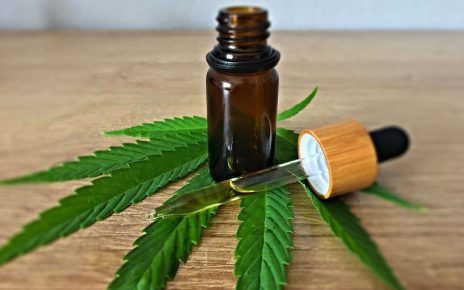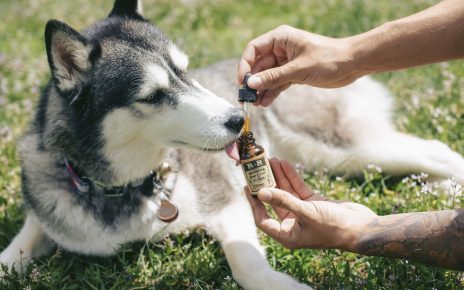The World Health Organization (WHO) estimates that more than 264 million people of all ages suffer from depression.
Depression is a leading cause of disability worldwide and is a major contributor to the overall global burden of disease. More women are affected by depression than men.
To relieve suffering, many people with depression take medication.
However, antidepressants medications can cause numerous side effects such as indigestion, weight gain, drowsiness or sexual problems.
About half of all patients initially struggle with minor side effects in the first 4-6 weeks.
Due to the undesirable side effects of conventional medication, depressed people are increasingly interested in alternatives.
By interacting with the body‘s endocannabinoid system, CBD could possibly help those patients.
CBD and serotonin role in depression
Depressive phases are often caused by stressful events. Loss due to the death of a relative or friend, separation as well as stress and excessive demands can trigger depressive episodes.
For some people, external stress or pressure is enough to produce symptoms such as depression, lack of motivation or a feeling of inner emptiness.
If the affected person is in a vulnerable situation and stress factors are added, the depressive symptoms can arise.
Researchers have found that serotonin plays a crucial role in depression.
For a long time, it was suspected that only a lack of serotonin can trigger serious symptoms.
However, there are indications that a genetic disposition, which affects a variant of the serotonin transport, can favor the development of depression.
Serotonin transporter is a transport molecule that has the task of transporting released serotonin back into the nerve cell.
The endocannabinoid system takes over the regulation of serotonin by activating CB1 receptors.
Serotonin, also known as happiness hormone or 5-hydroxy-tryptamine, is a messenger that is able to control and influence emotions.
Serotonin is also involved in the development of appetite, mood, sleep-wake rhythm and the reward system.
CBD is said to be able to act on the body‘s endocannabinoid system and its endogenous cannabinoid receptors CB1 and CB2.
Specifically, the extract from the hemp plant is said to stimulate the 5-HT1A serotonin receptor.
This is associated with an anti-depressant effect.
Scientific discoveries
Animal studies have been carried out to track down the effects of CBD on depression.
A review from 2014 concluded that CBD could be suitable for depression.
The researchers attributed this to the proven effect on the serotonin receptors in the brain, which showed both antidepressant and anxiolytic effects. Another study provided similar findings.
Another scientific study from 2015 also addressed the question of whether CBD can have an antidepressant effect in animals.
Evidence was found that CBD can increase serotonin and glutamate levels. Glutamate is also a messenger substance.
Glutamate is important for nerve communication but also has toxic properties.
That is why the body recycles superfluous glutamate using so-called astrocytes.
In people who are depressed, it cannot be guaranteed that the astrocytes can perform the task in all emotional centers in the brain.
For this reason, besides serotonin, glutamate is also of interest when researching depression.
CBD oil or antidepressants?
First of all, over-the-counter CBD is a food supplement and not a medicine.
Even if the natural healing substance is said to have numerous effects, there is still a lack of clinical studies, that is, studies that deal specifically with the mode of action in humans.
Animal experiments can only provide information that cannot, however, be automatically transferred to humans.
For this reason, patients with depression should not take their prescribed medication lightly or reduce the dosage, as this can lead to severe emotional drops.
Instead, it is advisable to take CBD alongside and to consult with the doctor that is treating you.
Although the research on CBD and depression is still in its infancy, the consumption of CBD is regularly addressed in forums and self-help groups.
CBD oil in particular for depression, anxiety disorders and panic attacks seems to arouse the interest of users.
Some users report that the symptoms associated with depression have improved as a result of taking CBD oil regularly and that they have been able to improve their quality of life.
Other users say that CBD has helped alleviate anxiety symptoms, which in turn have caused depressive episodes in the past.



